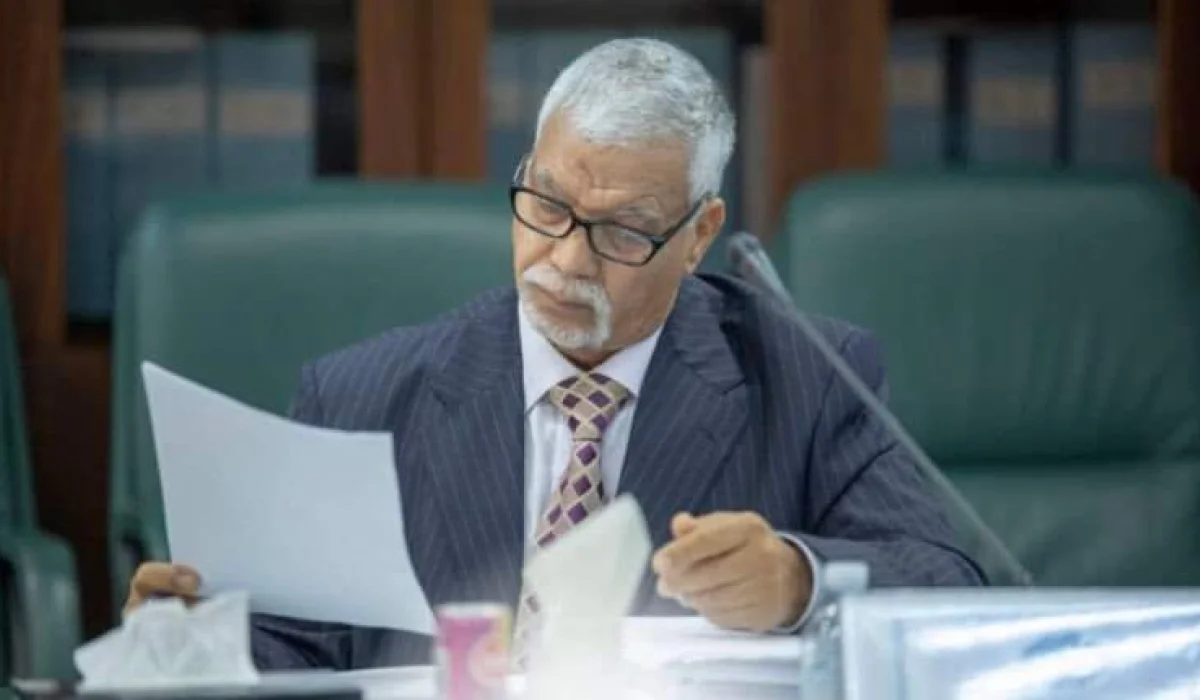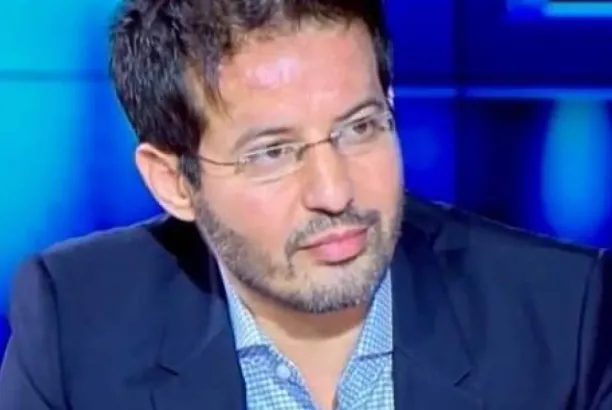
| Economic articles
Wali: “Will Banking, Financial, and Economic Stability Return to the Libyan Market?”
Written by Economic Expert Ibrahim Wali:
The success of any nation in achieving progress and prosperity must rest on two main pillars:
The first is the presence of an active, efficient, and transparent government supported by clear, decisive, and flexible legislation, as well as a favorable economic environment and infrastructure. The second is an energetic private sector capable of responding efficiently to local, regional, and global developments.
Today, Libya’s public and private banking sectors stand at a critical crossroads. They are called upon to continue implementing banking, financial, and economic reforms similar to those adopted by many Arab and international economies. These reforms aim to liberalize economic activity, restore internal and external balance, attract foreign investment, strengthen the private sector’s developmental role, and promote privatization and structured mergers.
Such internal reforms are essential — especially if peace and reconciliation are achieved, and Libya becomes unified under one army, one government, and a national parliament working for the country’s interest. In this case, national stability would reduce geopolitical risks and attract large inflows of Arab and foreign investments — crucial for the ongoing development and reform efforts across Libya.
Even if peace and unity are not yet achieved due to internal or external obstacles, continuing these reforms will help Libya avoid economic and investment marginalization amid the rapid globalization of financial and economic systems worldwide.
The Central Bank of Libya, along with public and private commercial banks, must prepare for all scenarios — whether peace is achieved or not — by building institutional capacity, sufficient capital, advanced technology, skilled human resources, and efficient national management. Such readiness is vital to manage potential foreign investment flows into Libya’s economy once stability is restored.
Legislative and executive institutions must also continue advancing financial, economic, and commercial reforms, while the Central Bank and other financial institutions strengthen their internal structures to better manage and channel international financial flows into the national economy.
Wali concludes that stability is the fertile ground for banking and financial reform and for attracting investment. Yet, in Libya’s current environment of conflict, corruption, smuggling, and speculation, developing these sectors remains difficult.
In summary, he argues that true progress requires removing those who oppose stability and national unity, individuals who exploit the state for personal gain while contributing nothing to its growth. “They ask what the country has given them,” Wali writes, “but never what they have given the country. A nation gives in proportion to what it receives — its prosperity rests on citizens’ loyalty, integrity, and dedication. We must stand firm on national principles to expel corruption and end this suffocating cycle that has burdened us for over a decade.”





